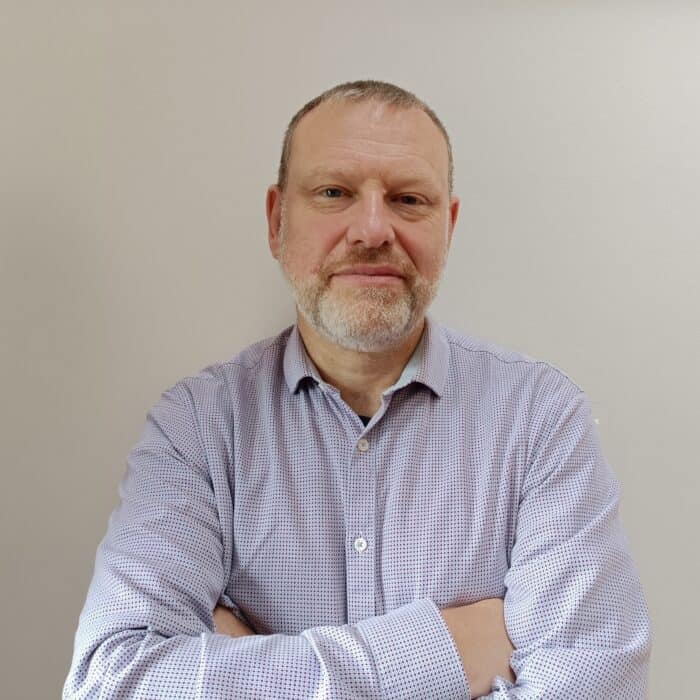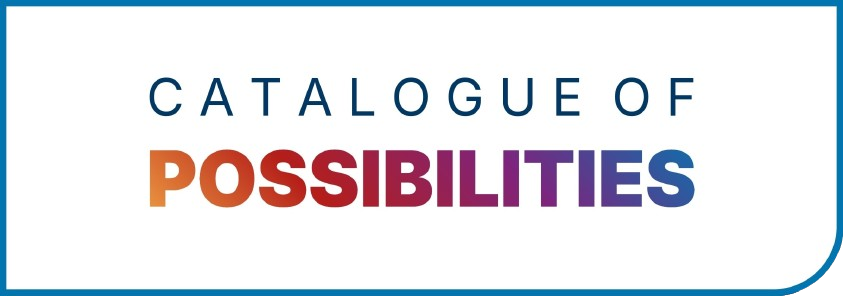Prof Duncan Gregory he/him

Professor of Inorganic Materials
Strategic Research Areas
My group works on new inorganic materials that include but typically venture beyond oxides. Our underpinning philosophy is to design new materials for prescribed applications with certain desired physical and/or chemical properties. This process often involves devising new methods to synthesise materials, typically in a departure from the conventional high temperature, solid state ceramic syntheses that are traditionally employed in oxide chemistry. We work towards new materials for energy, sustainability and electronics and collaborate with physicists, electrical/electronic engineers, mechanical engineers, chemical engineers, cell engineers, earth scientists and aeronautical engineers among others. We have formed partnerships with colleagues both within and outwith the University of Glasgow with joint research performed with colleagues from every continent (except Antarctica). The applied nature of our work has also led to multiple collaborative projects with industry both within the UK and beyond, from SMEs to multinationals. Apart from developing synthesis routes to exciting new materials, our contribution lies in the determination of crystal structures, exploration of nanostructure, the measurement of chemical and physical properties from storage of lithium in batteries to the enhancement of superconducting transitions temperatures and in understanding the key links between properties and the bonding of atoms and ions in the solid state.
My research group has always been multicultural and diverse with students and researchers of varied nationality, beliefs, gender and sexuality. Researchers with both mental and physical disabilities have flourished and succeeded. The group’s inclusive ethos leads to a thriving atmosphere of eclectic views and creates a melting pot of ideas and invention where everyone has the opportunity and right to be heard and to contribute. A multi-representational research group of this type suits my style of supervision where everyone has the academic freedom to propose their own ideas and shape their own projects within the structure of a postgraduate or postdoctoral research programme. Taking ownership of one’s research is the first step to becoming a successful independent scientist.
Moving forward, the group is keen to develop new and further interactions across disciplines, not only with fellow scientists and engineers but also with experts and researchers in other disciplines such as economists, designers and social scientists, for example, who can provide insights into how scientific challenges and their possible solutions might impact stakeholders, wider society and the planet’s ecosystems. Such considerations are crucial when considering the potential impact of materials on major global issues including energy, climate, water and food.

